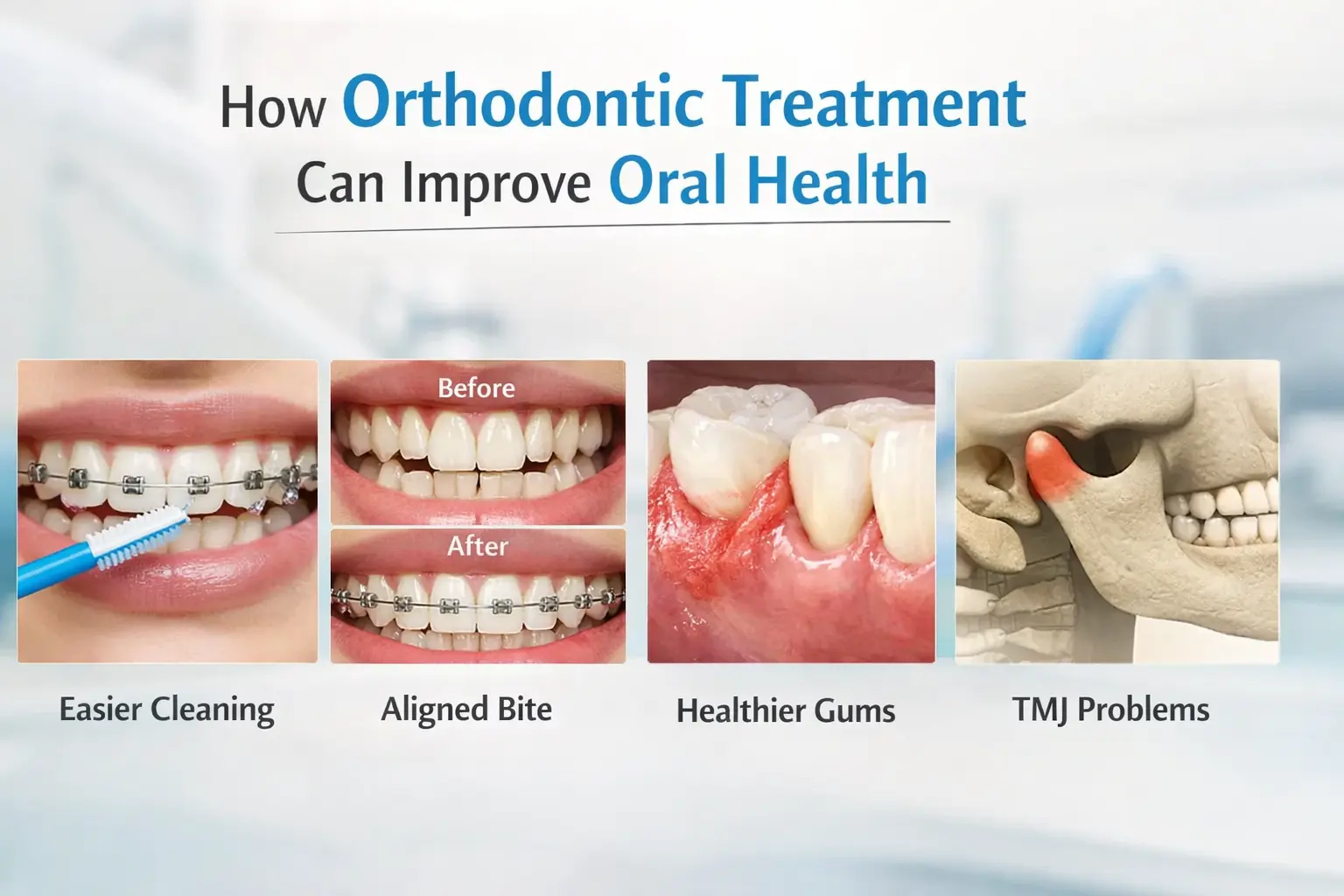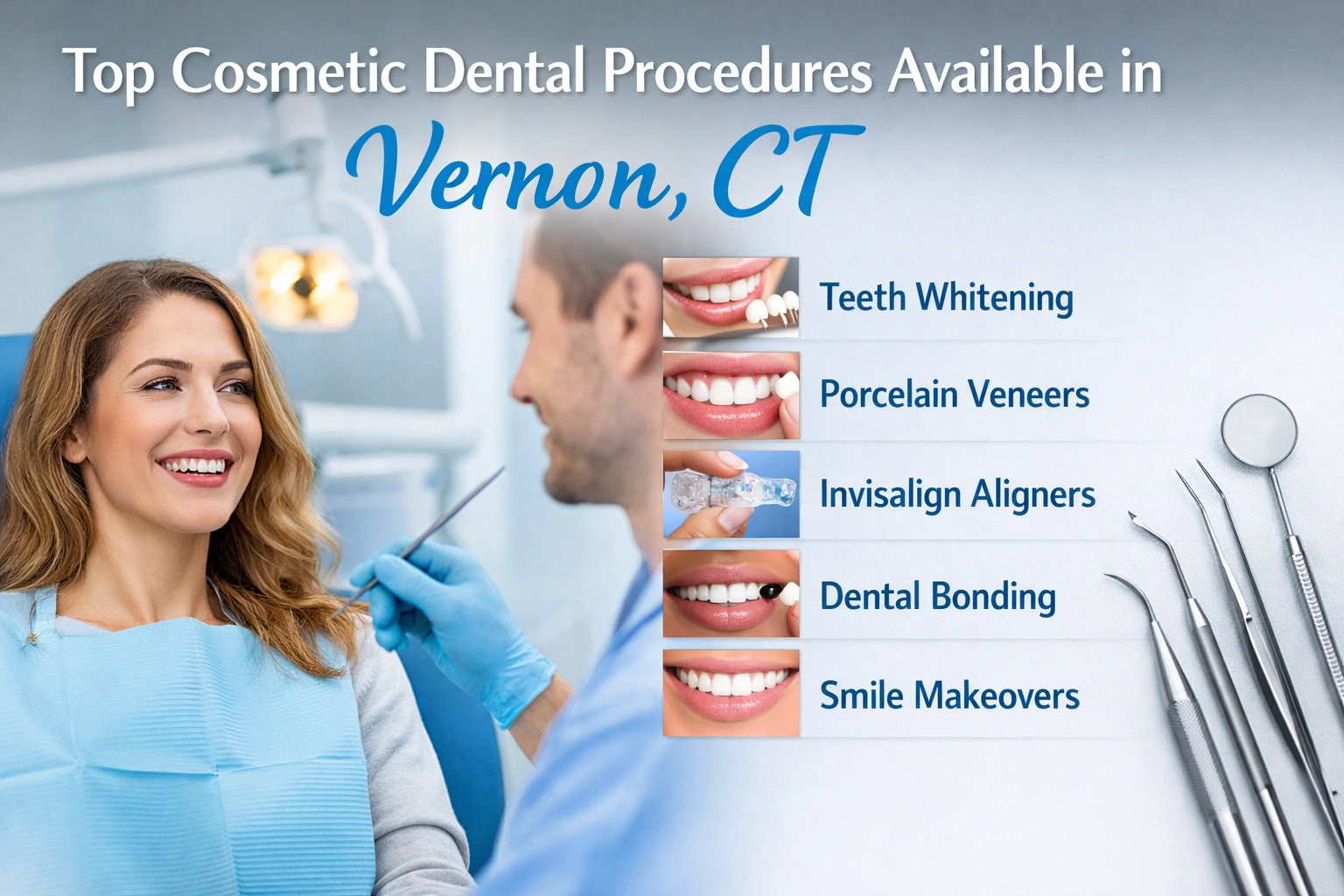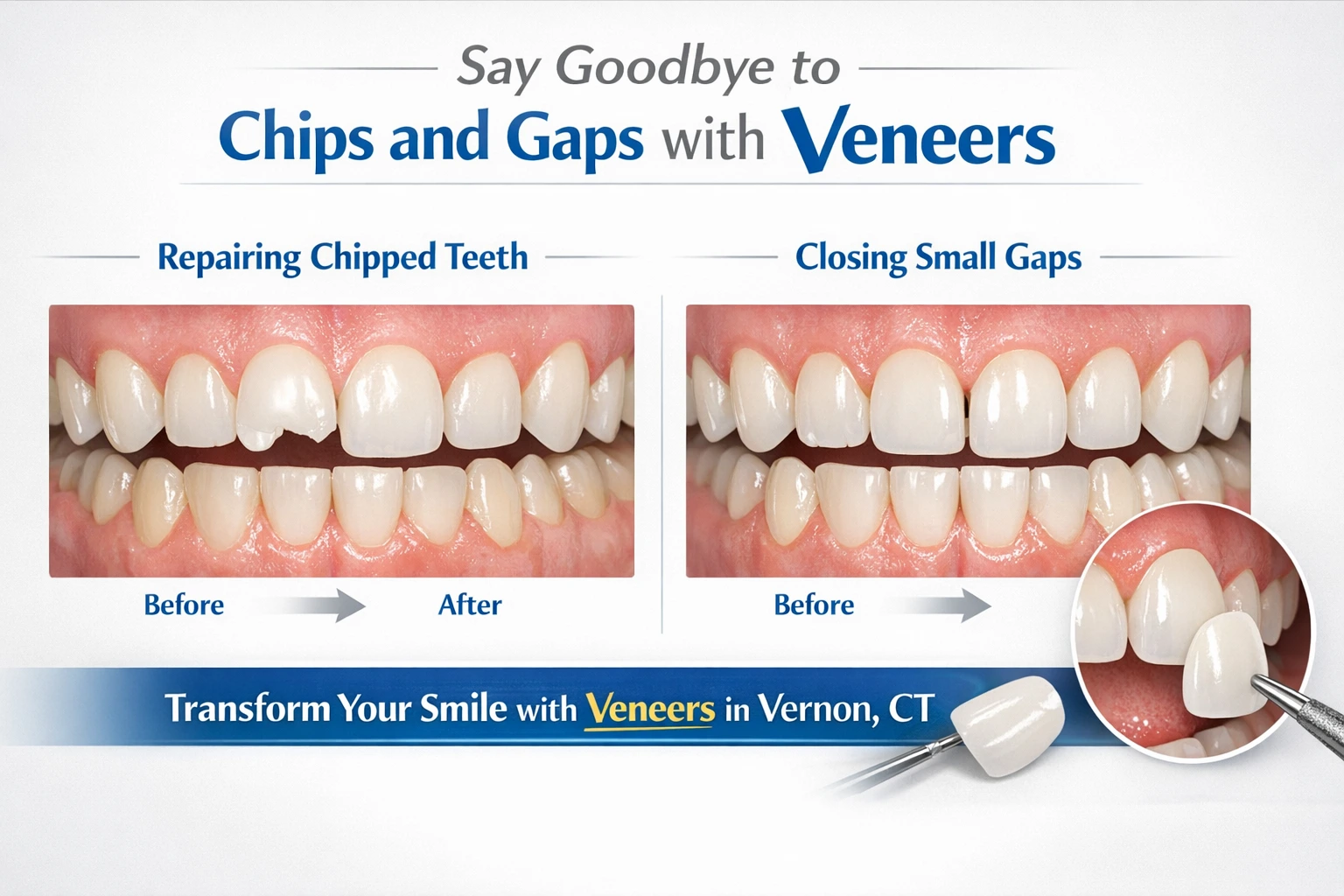
January 12, 2024
Ozone Therapy
In recent years, ozone therapy has emerged as a promising and innovative approach in dentistry, offering a natural and effective means of promoting oral health. This blog aims to provide a comprehensive understanding of this method for oral health, exploring its various applications and benefits.
What Is Ozone Therapy
This involves the controlled application of medical-grade ozone therapy, a molecule composed of three oxygen atoms, to treat various medical conditions. In dentistry, this therapy has gained popularity for its antimicrobial, anti-inflammatory, and oxygenating properties, making it a valuable tool in promoting oral health.
Ozone Administration Methods in Dentistry
Ozone Gas Inhalation
One of the primary methods of administering this in dentistry is through gas inhalation. This involves introducing the gas into a sealed cup, which the patient then inhales, allowing this to reach the oral cavity and surrounding tissues. This gas inhalation is commonly used for treating conditions such as periodontal disease and tooth sensitivity.
Ozonated Water Rinse
Ozonated water, created by infusing water with this gas, serves as an excellent oral rinse. Patients can use ozonated water as a mouthwash to target bacteria and microbes in the oral cavity, promoting gum health and reducing the risk of infections.
Ozone Dental Applications
Ozone Injections
For targeted treatment, this can be injected into specific areas of the oral cavity using a syringe. This method is often employed for addressing infections, such as abscesses or localized periodontal pockets.
Ozone Dental Trays
Patients can wear customized dental trays filled with this gas or ozonated oil to target specific areas of concern, such as cavities or areas with early signs of decay. This method allows for a more controlled and prolonged application of this gas.
Ozone Sauna Therapy
Some dental offices offer this therapy, where patients sit in a sauna infused with the gas. This method aims to deliver systemic benefits, promoting overall health and well-being while addressing oral health concerns.
Benefits Of Ozone Therapy In Dentistry
Antimicrobial Action
Ozone’s potent antimicrobial properties make it effective in eliminating bacteria, viruses, and fungi in the oral cavity. This is particularly beneficial for treating conditions like periodontal disease and preventing the spread of infections.
Anti-Inflammatory Effects
This therapy has demonstrated anti-inflammatory effects, reducing swelling and promoting faster healing. This is advantageous in post-surgical situations or when addressing inflammatory oral conditions.
Oxygenation and Improved Blood Flow
This enhances oxygenation in tissues and improves blood circulation. This aids in the healing process, promoting the regeneration of damaged tissues and accelerating recovery.
Minimal Invasiveness
The therapy is minimally invasive, making it an attractive option for patients seeking alternative or complementary treatments. It can be used alongside traditional dental procedures to enhance overall treatment outcomes.
Considerations and Precautions
While this therapy holds promise in dentistry, it’s essential to consider individual patient factors and adhere to established protocols. Dentists should thoroughly evaluate a patient’s oral health, medical history, and specific conditions before recommending or administering the therapy.
Ozone Administration – A Natural, Effective Approachin Dental Care
This method for oral health represents a paradigm shift in dentistry, offering a natural and effective approach to address various oral conditions. As research continues to uncover the full scope of the therapy’s potential, its integration into dental practices holds promise for enhancing patient care and promoting lasting oral health. Understanding the different methods allows both dental professionals and patients to make informed decisions about incorporating this innovative therapy into their oral health care routine.
Recent Posts

Top 5 Reasons Vernon Residents Should Consider Early Airway Orthodontic Screening

How Orthodontic Treatment Can Improve Oral Health

Top Cosmetic Dental Procedures Available in Vernon, CT

How Veneers Address Structural Imperfections Like Chips And Small Gaps

